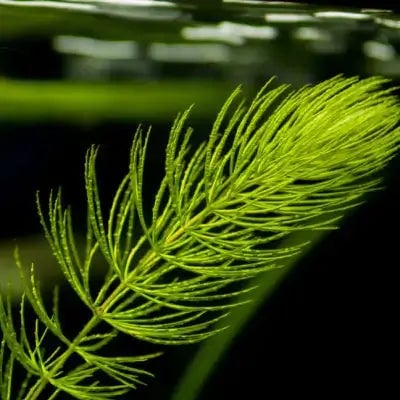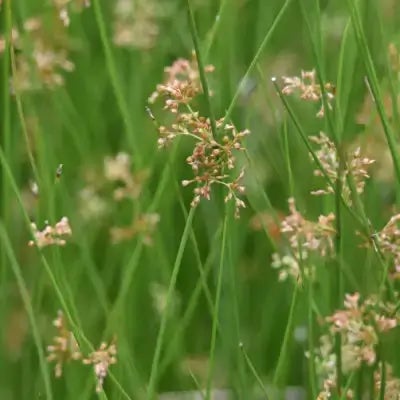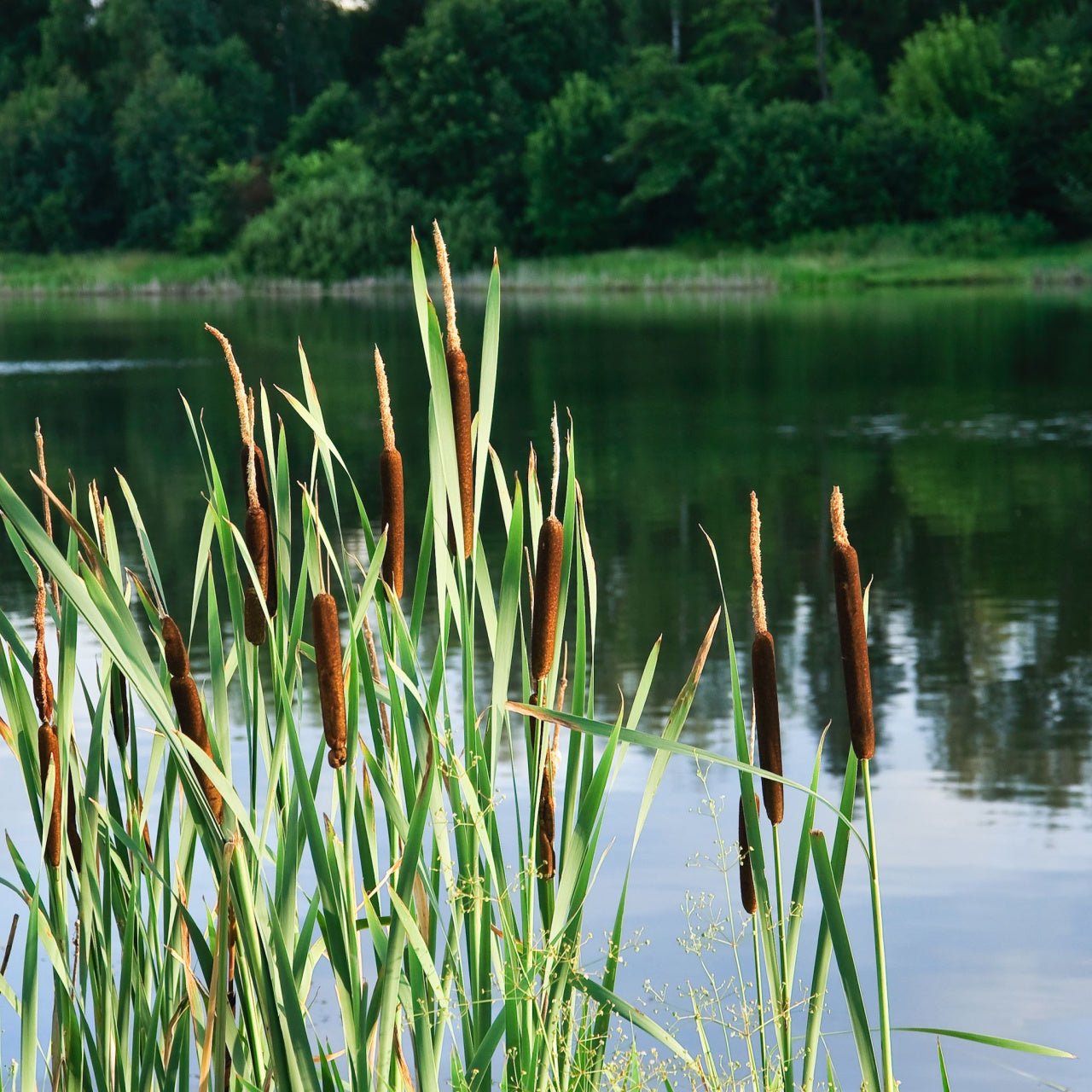Exploring the Beauty and Versatility of Soft Rush Grass
Soft rush grass, known scientifically as Juncus effusus, is a remarkable plant that has captured the admiration of many due to its unique qualities, aesthetic appeal, and diverse applications. In this exploration, we delve into the characteristics, cultural significance, ecological importance, and practical uses of soft rush grass, shedding light on its remarkable presence in various aspects of human life and the natural world.
Characteristics of Soft Rush Grass
Soft rush grass is a perennial plant belonging to the Juncaceae family, characterized by its slender, cylindrical stems that can grow up to three feet tall. Its botanical name, Juncus effusus, derives from Latin, with "juncus" meaning rush and "effusus" referring to its spreading or flowing nature, indicative of its growth pattern. The plant typically thrives in moist, marshy environments such as wetlands, riverbanks, and shallow waters, although it can adapt to various soil conditions.

One of the defining features of soft rush grass is its smooth, pliable texture, which sets it apart from other rush species. Unlike the coarse, rigid stems of some rushes, the stems of soft rush grass are flexible and supple, making them ideal for various applications.
Soft rush grass produces small, inconspicuous flowers clustered at the ends of its stems. These flowers give way to tiny, brown seed capsules, contributing to the plant's reproductive cycle. While not particularly showy, the flowers play a vital role in the ecological interactions of wetland ecosystems, providing habitat and food for various insects and other wildlife.
Cultural Significance and Symbolism Of Soft Rush Grass
Throughout history, rush plants have held cultural significance in many societies worldwide. With its graceful appearance and gentle demeanor, soft rush grass has often been associated with themes of tranquility, simplicity, and natural beauty.
In Japanese culture, soft rush grass is known as "igusa" and has been traditionally used for making tatami mats, which are woven floor coverings commonly found in Japanese homes and tea houses. Soft rush grass in tatami mats adds a natural element to interior spaces. It imbues them with a sense of harmony and serenity, reflecting the aesthetic principles of wabi-sabi.
In addition to its practical applications, soft rush grass has also found its way into various forms of art and literature. Lyricists and artists have pulled inspiration from its elegant form and subtle hues, using it as a motif to evoke themes of simplicity, humility, and the ephemeral nature of life.
Ecological Importance Of Soft Rush Grass
Soft rush grass is a type of herbaceous plant that is commonly found in wetland ecosystems. It is a crucial component of these ecosystems, serving multiple vital roles. Soft rush grass acts as a habitat, food source, and nesting material for diverse wildlife. It is essential for birds such as rails, bitterns, and ducks, which rely on the vegetation to conceal their nests and protect their young from predators.
The dense stands of soft rush grass create ideal conditions for these birds to thrive. The grass provides a haven for them to lay their eggs and raise their young. The vegetation is also a food source for many aquatic animals, such as fish and invertebrates, which are preyed upon by larger animals such as birds and mammals.
Furthermore, soft rush grass is a vital component of the ecological functioning of wetland ecosystems. It helps to regulate water flow and prevent soil deterioration, which is important for preserving the health of these ecosystems. Soft rush grass also helps to filter pollutants and nutrients from the water, enhancing water grade and lowering the risk of toxic algal blooms.
In summary, soft rush grass is essential for the health and well-being of wetland ecosystems. It provides critical habitat, food, and nesting material for diverse wildlife and plays a vital role in maintaining the ecological functioning of these critical ecosystems.
Moreover, soft rush grass contributes to the overall health of wetland habitats by stabilizing soil, preventing erosion, and filtering pollutants from water. The plant's extensive root system helps to bind soil particles together, reducing sedimentation and maintaining water quality. In this way, soft rush grass plays a vital role in preserving the integrity of wetland ecosystems and supporting the rich biodiversity they sustain.
Practical Uses and Applications Of Soft Rush Grass
Soft rush grass has a long history of practical use in various human endeavors, from construction and crafts to medicinal and culinary applications. One of the most well-known uses of soft rush grass is in producing woven goods such as baskets, mats, and chair seats. The flexible stems of the plant can be harvested, dried, and woven into intricate patterns, yielding durable and aesthetically pleasing products.
Soft rush grass, or Juncus effusus, is a perennial plant widely used for its medicinal properties. The plant is native to Europe but is now found in various parts of the world, including North America and Asia.
In addition to being a staple material in traditional crafts, such as basket weaving and mat making, soft rush grass has been used for centuries in traditional medicine. The plant extracts have been used to treat various ailments, including inflammation, digestive disorders, and skin conditions such as eczema and psoriasis.
The medicinal properties of soft rush grass are believed to be due to several active compounds, including polyphenols, flavonoids, and alkaloids. These compounds possess potent antioxidant and anti-inflammatory effects, which may explain their therapeutic benefits.
While there is limited scientific research on the medicinal properties of soft rush grass, its use in traditional healing practices highlights its cultural significance and potential therapeutic advantages. Further studies are needed to fully understand the health benefits of this plant and its potential applications in modern medicine.
Furthermore, soft rush grass has culinary applications, particularly in Asian cuisines. In Japan, the plant's young shoots are harvested and consumed as a vegetable, either raw or cooked. Known as "iguana-me" or "Yanagi-wasabi," these tender shoots are treasured for their brittle texture and mild flavor, adding a refreshing element to salads, stir-fries, and soups.
Soft Rush Grass Is A Hardy And Useful Addition To Any Landscape
In conclusion, soft rush grass is a remarkable plant with a rich tapestry of characteristics, cultural significance, ecological importance, and practical uses. From its graceful appearance and gentle demeanor to its diverse crafts, medicine, and cuisine applications, soft rush grass embodies the harmonious relationship between humans and the natural world. As we continue to explore and appreciate the beauty and versatility of this extraordinary plant, we deepen our understanding of the interconnectedness of all living things and the vital role that plants play in sustaining life on Earth.
Buy Grass Online
Read more

Coontail plant is a plant that will brighten up your water gardens with its vibrant colors. This plant has a rootless structure and thrives in a moist environment. It is a widespread, deep green, s...

Trellis climber vines are nature's graceful dancers, swaying their way up structures and through landscapes with an enchanting elegance that captures the imagination of gardeners and nature lovers ...



